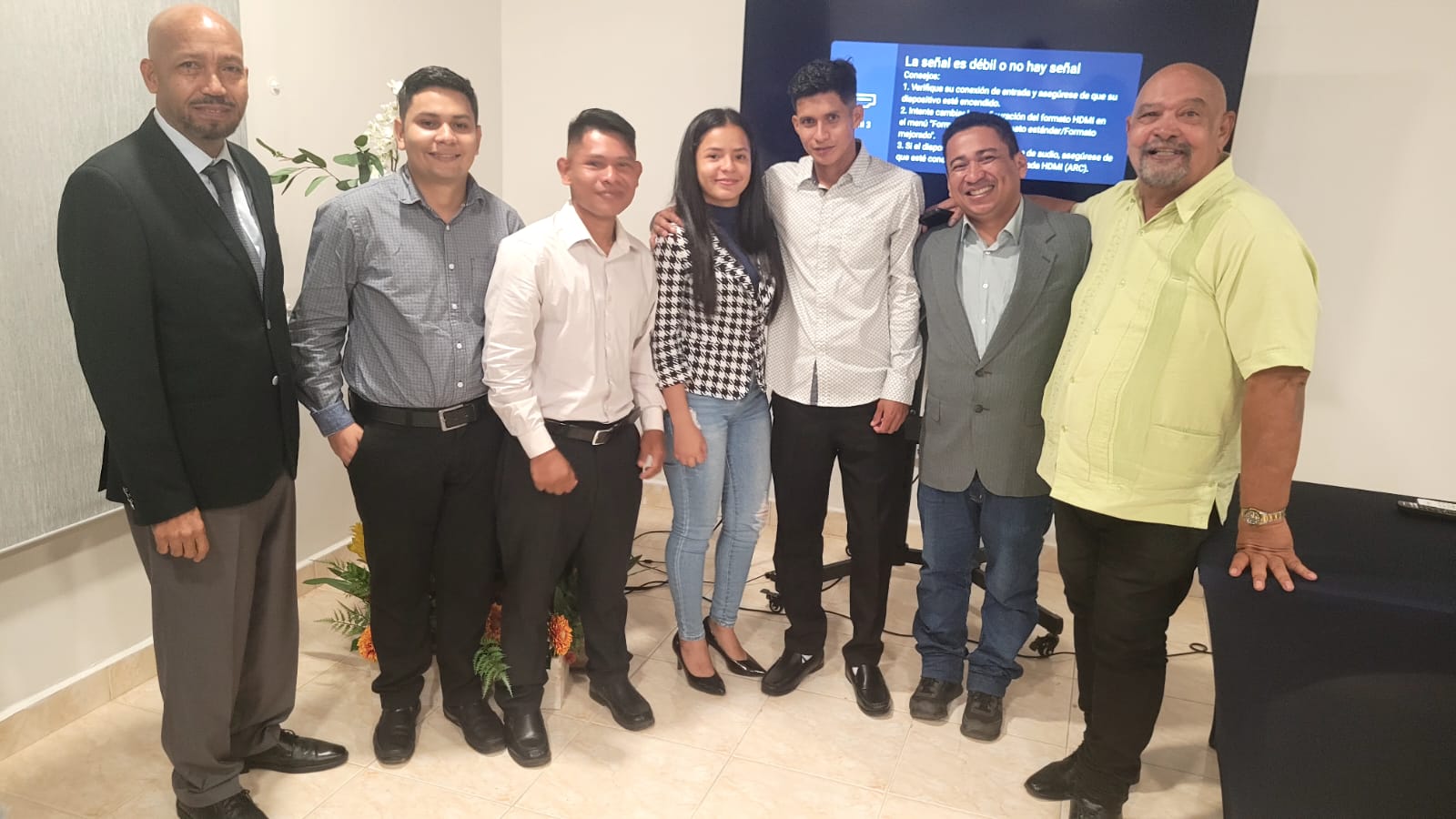The Metropolitan University of Education, Science and Technology -UMECIT-, Santiago headquarters, held a scientific seminar on July 23 focused on the sustainability of local development and environmental protection. The main objective of this event was to promote knowledge and discussion around critical issues related to environmental sustainability and local development in the Veraguas Region, through the presentation of scientific research, practical experiences and innovative strategies. These initiatives seek to promote environmental conservation and sustainable development in the region, an issue of growing importance for the local community and the global environment.
The seminar began with a few words of welcome from the research coordinator of the Santiago headquarters, Eng. Ashley Acosta, who highlighted the relevance of the event as a space for collaboration and the exchange of ideas. Master Martín Testa attended on behalf of the National Director of Environmental Education, and highlighted the importance of environmental education as a fundamental tool for creating awareness and changing attitudes towards more sustainable practices, empowering local communities to actively participate in The environmental protection.
The president of the REIMA Scientific Council, Dr. Gilberto Cabrera, offered a presentation on research seedbeds and their benefits, highlighting how they can serve as platforms for the development of new ideas and innovative projects, which not only promote academic research, but also have the potential to offer practical solutions to the region's environmental and social challenges.
The coordinator of research hotbeds at the Santiago headquarters, Prof. Roberto Moreno, emphasized the need for greater links between the university, society and the environment. He highlighted how this collaboration can lead to innovative and practical solutions to local problems, reinforcing the importance of education and environmental management as fundamental pillars for sustainable local development.
Finally, students from the research hotbed of the Bachelor's Degree in Law and Political Science, Technician in Electrical Engineering and Bachelor's Degree in Environmental Administration, presented a series of case studies that explored various sustainable technologies and practices. These studies included assessments on the impact of photovoltaics, the benefits of recycling, and the environmental impact of geothermal generation in Panama, offering valuable perspectives on how these technologies and practices can be implemented to promote more sustainable development in the region.
This event not only served as a platform for the dissemination of knowledge, but also reinforced the local community's commitment to protecting the environment and seeking a more sustainable future. Linking extension and research with communities is crucial to addressing environmental and social challenges, and events like this demonstrate the power of collaboration and the exchange of ideas in the search for innovative and practical solutions.




